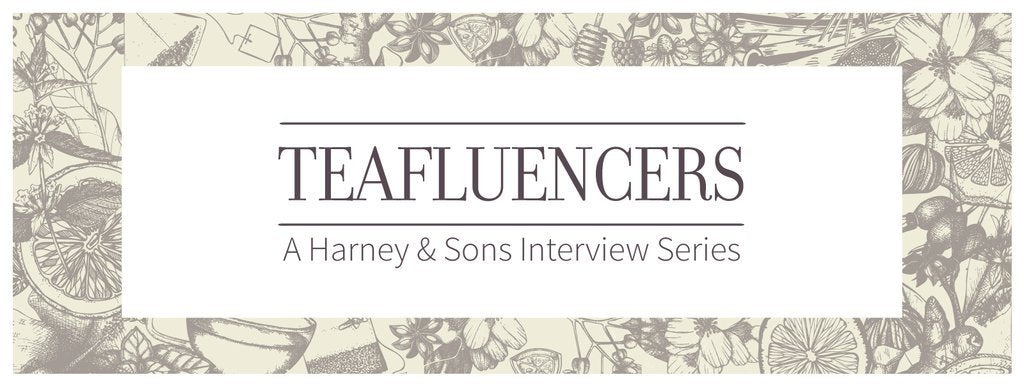
Sheela Prakash
Food & Wine Writer, Recipe Developer, Cookbook Author
We predict you’ll either be totally energized or completely worn out when you read about our June Teafluencer, Sheela Prakash, and everything she has accomplished. This highly accomplished cook, baker, recipe developer, wine aficionado and author also happens to be a tea fan, which is no surprise given her excellent taste. Read about Sheela and learn about some interesting things like crazy water and drinking vinegar!
Harney: Tell us a little about you. Where are you from, educational/professional background, where you live, family, etc.
Sheela: I grew up in Massachusetts and moved to New York City for college. I attended New York University where I received my degree in Nutrition and Dietetics, continued on with the program to become a registered dietician, then took a quick pivot in my career early on as I realized I didn’t want to work in a clinical setting where most of the jobs are for dietitians.
I’d long been interested in gastronomic culture and food writing in particular, so I jumped at the first job I could find in the city that paid and wasn’t a waitressing position. That was at an organic wine importing company. I started keeping a personal food blog on the side, eventually found a paid editorial internship in food media at Tasting Table, then went on to receive my master’s degree in Food Culture and Communications at the University of Gastronomic Sciences in northern Italy.
I returned to New York City, took another editorial internship at Food52, then finally landed my first job in the industry as an Editorial Assistant at Epicurious. From there, I went on to Kitchn, where I’ve been a Food Editor for over six years, which is hard for me to believe! In addition, I write and develop recipes for a number of other media publications and brands, as well as write cookbooks, so no two days look the same!
After a very long stint in New York City, my husband and I finally decided to try somewhere new and landed in North Carolina. While my job has long been remote, the pandemic gave us the opportunity to finally both have remote positions, and we fell in love with Davidson, North Carolina, which seriously feels like a movie town. We bought our first home here this past fall.

Mediterranean Every Day: Photographer: Kristen Teig, Food Stylist: Catrine Kelty
Harney: When did you become interested in cooking? Was there someone who influenced you?
Sheela: I became interested in cooking as a teenager. I think it was honestly the Food Network that sparked my initial interest, which was so popular at that time. I also remember my dad subscribing to Food & Wine magazine, and I’d waste hours (and forgo homework) to flip through those. I started baking first — I loved making cookies and cakes for my family and friends — and then when I went off to college, I started cooking for myself.
I was influenced in so many ways. I worked at a Lebanese café my freshman year of college, and the chef/owner was this strong-headed woman who I just loved. She taught me so much and opened up this whole world of flavor I had no idea about, and I just instantly wanted more. I’d spend Saturday mornings at farmers markets, teach myself from cookbooks and save my college pennies to explore different restaurants. Later on, I had the opportunity to work on an organic farm in Tuscany for the summer, and when I wasn’t out in the garden, I was inside trying to soak up cooking tips and tricks from the Italian nonna in the kitchen. I was a total sponge, and it’s absolutely what got me to where I am.
Harney: Let’s dive into the three main areas of your expertise. First up, food and wine. You write about both for the online site Kitchn where you’re a Senior Contributing Editor, as well as several other publications including Epicurious, Serious Eats, Simply Recipes, and more. In addition to being interested in food and wine, how did you start to write about these topics?
Sheela: Flipping through those Food & Wine magazines years ago was what made me realize you could get paid to write about food. That just seemed beyond cool to me, but I didn’t exactly know how to make a career of it when I was heading off to college and choosing a degree. I chose dietetics at the time because it was all about food, but it was black and white; yet as I started heading down that path, I kept thinking I really wanted to write. So I made a shift early on in my career and was lucky enough to have a support system around me to do so. It was a combination of editorial internships at well-regarded publications like Food52, writing a personal food blog and going back to school for a master’s degree in Food Culture and Communications that led me to my first job in the industry.
Harney: You hold Level 2 and Level 3 Awards in Wines from the Wine & Spirit Education Trust. Can you tell us what that means? Is it anything like being a sommelier?
Sheela: For me, being interested in food comes with being equally interested in wine. I chalk that up to my years spent in Italy. Wine has always been something that feels like an endless education. You’re learning about history, culture, science and geography all at the same time in addition to developing taste and understanding how it ties into food and cooking. It’s just all very cool to me. I wanted to get a basic foundation and be able to speak about wine in an informed way, so I applied for a scholarship to study for the Wine & Spirit Education Trust (WSET) certifications. They’re considered a gold standard in the industry, and they become quite rigorous the higher in the program you go. At the Diploma level, you’re absolutely fit to be a sommelier. Since that’s not something I planned to do, I only received the Awards that gave me a solid understanding and the language to speak and write about wine, though I always toy with going back and furthering my studies.
Harney: For those of us who wish we were better informed about wine, what basic tips do you have to help people choose a good wine, other than spending a lot of money? And does the cost of a bottle of wine always equate to the quality of its contents?
Sheela: One of the smartest tips I learned about shopping for wine wasn’t actually from my studies, but from when I was working at a wine shop in Brooklyn. The sommelier and wine buyer there told me spending a lot of money on a bottle absolutely doesn’t equate to a better wine. Instead, he said, if you’re willing to look just beyond the $10-and-under shelf (which, truthfully, does equate to the quality of its contents) and spend ideally between $15 and $20 a bottle, but even $10 to $15, you’ve hit the sweet spot. That’s where you get the most bang for your buck, so to say. Spend even more and you’re not necessarily getting excessively higher quality that warrants the big price tag.
Harney: Moving on to your next area of focus, recipe development. How long have you been developing recipes, and where do you find inspiration?
Sheela: I started developing recipes at Kitchn. While I didn’t have professional culinary experience, I was (and still am) an avid home cook, which actually was the perfect formula given that Kitchn’s recipes are written for home cooks. Recipe development and recipe writing is like learning an entirely new language, though, so it took a while for me to get my footing and figure out how to communicate.

Mediterranean Every Day: Photographer: Kristen Teig, Food Stylist: Catrine Kelty
Harney: What were two of the most surprising recipes you ever developed – one that surprised in a good “wow, I wasn’t sure that would turn out so great!” way, and one that you were sure was going to be a winner but didn’t turn out that way.
Sheela: That wow recipe, for me, is absolutely this gluten-free lemon poppy seed muffin I developed a few years ago for Kitchn. Developing baking recipes is quite difficult given the science behind it. Throw making your recipe gluten-free into the mix and truthfully, it’s a headache. The muffins just weren’t rising like I wanted them to, and that’s because they didn’t have gluten in them to provide structure. After a total deep dive, I finally came around a tip to add whipped egg whites to the batter, which gives it a soufflé-like lift and helps with the rise. It was ingenious, and I still get emails today from those who have baked the muffins and couldn’t believe they’re gluten-free. Truthfully, every time I make them for myself I am a little impressed, ha!
I develop quite a few pasta recipes and recently had a fail when I wanted to turn avgolemono, which is a creamy Greek sauce – as well as a soup – made from egg, lemon and broth into a pasta dish. I wanted it to be a one-pot situation for ease, but it just didn’t work, and the eggs kept curdling when I cooked them with the pasta. I plan to keep at it, though!
Harney: For people who are intimidated about cooking, what would you say to encourage them?
Sheela: Start small! Pick up a cookbook that inspires you and select a simple recipe. Turn on music in the kitchen (a must, in my opinion) and just have fun.
Harney: What’s the worst mistake a cook can make?
Sheela: Being afraid to make a mistake. Cooking really is all one big experiment, and it’s a pretty low-risk one. Have fun and know even those who cook for a living (myself included!) have dinner fails and have to call out for a pizza.
Harney: Any tips for people who would like to try their hand at developing their own recipes?
Sheela: Cook through a recipe as written first, then play around. Maybe swap out basil for parsley, or use goat cheese instead of feta. Small swaps will help you learn how the ingredients and flavors all work together. Do this enough, and you’ll gain confidence in your ability to create in the kitchen yourself.
Harney: Finally, you are a cookbook author! How long did it take for you to write Mediterranean Every Day: Simple, Inspired Recipes for Feel-Good Food? How was the experience?
Sheela: It took me a couple of years from start to finish to write my first cookbook. The experience was memorable, to say the least, with lots of ups and downs, but absolutely more ups. It was a total bucket list goal for me, and I still pinch myself a bit that I am a published author.
Harney: How did you settle on that type of food for your cookbook?
Sheela: My cookbook was totally inspired by my time spent in Italy. Their relaxed approach to cooking and the way they lean heavily on simple yet flavorful ingredients is how I’ve come to approach cooking as well. It’s where I feel most comfortable when I develop recipes. On top of that, as a registered dietician, I am a huge fan of the Mediterranean diet and how wholesome and colorful it is. It’s a way of eating that’s not a diet in the traditional sense but an everything-in-moderation approach (including wine!).
Harney: Do you have another cookbook up your sleeve?
Sheela: I do! I actually just wrapped up my manuscript. This time around, it’s all about salads. While it may not be Mediterranean-focused, it’s still very much in my wheelhouse of simple and feel-good. Salad Season will be out in April 2023.

Photographer: Emily Delamater.
Harney: We ran across two things while doing our research that we just have to ask about: 1) crazy water and 2) drinking vinegar! Please, tell us what those are!
Sheela: Crazy water, or in Italian, acqua pazza, is a tomato-based broth from the southern coastal region of Campania that’s used mostly as a poaching liquid for white fish but can be used to poach other seafood and vegetables, too. It’s as simple as fresh tomatoes (or canned, if they’re out of season) simmered with water, garlic and herbs. In my cookbook, I pair it with meaty salmon filets, which is particularly nice.
Drinking vinegars are also known as shrubs. They’re basically vinegar (often apple cider vinegar) that’s infused with fruit and sweetened with sugar. Since they’re quite tart on their own, they’re diluted with still or sparkling water to make a sweet, tangy and fruity non-alcoholic beverage that’s super refreshing. They can also be used in cocktails, marinades, salad dressings and more.

Harney: We hope you’re a tea fan! If so, what kind of teas do you enjoy? Any favorite food pairings with tea? Do you cook with tea?
Sheela: I am a huge tea fan! I actually didn’t start drinking coffee until the pandemic and even still, it’s tea I sit down with six out of seven mornings a week.
I’ll admit, I like to keep things pretty basic with my morning tea ritual. I alternate between Earl Grey and a simple black tea. In the evenings, I often enjoy a cup of ginger or lemon verbena tea. I find I take comfort in these routine teas — it’s part of the ritual, for me.
Does a good piece of dark chocolate to go with my ginger tea after dinner count as a pairing? I do love to cook with tea, though, particularly in baking. I have crumbled Earl Grey and chamomile tea into cake and muffin batters as well as scone and biscuit doughs. In my cookbook, I also have a recipe for a London Fog Affogato, which is a riff on the classic Italian dessert of hot espresso poured over vanilla gelato. Instead of espresso, I use Earl Grey tea infused with lavender.
Harney: Do you have any favorite flavors or types of Harney & Sons tea or anything on your list you’ve been wanting to try?
Sheela: In my pantry, I alternate between tins of Earl Grey Supreme and Viennese Earl Grey, depending on how brisk a cup I am in the mood for. I love how unexpectedly delicate the latter is. I also really love Chamraj Nilgiri FOP, which is a mellow yet super interesting black tea with notes of citrus and honey, and Verveine (Lemon Verbena). I’ve been curious to try the Olive Leaves tisane, as I’ve never had such a thing and it sounds especially unique!
Whew! See what we meant about either being energized or exhausted? We’re so impressed with Sheela and all that she’s done and continues to do. Warning: do not look at her cookbook if you’re hungry, it will make your mouth start to water immediately! You can find lots more about Sheela’s work on her website and Instagram page. It was our pleasure to get to know our June Teafluencer and share her work with you – thanks so much, Sheela! All photography was provided by Sheela.



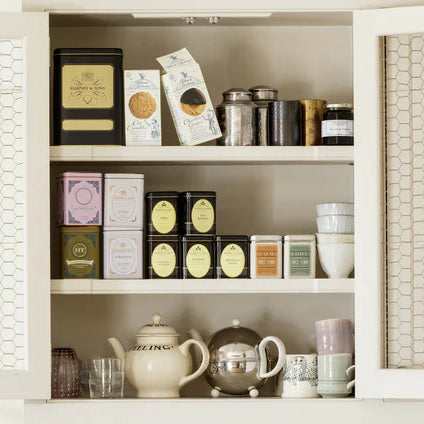
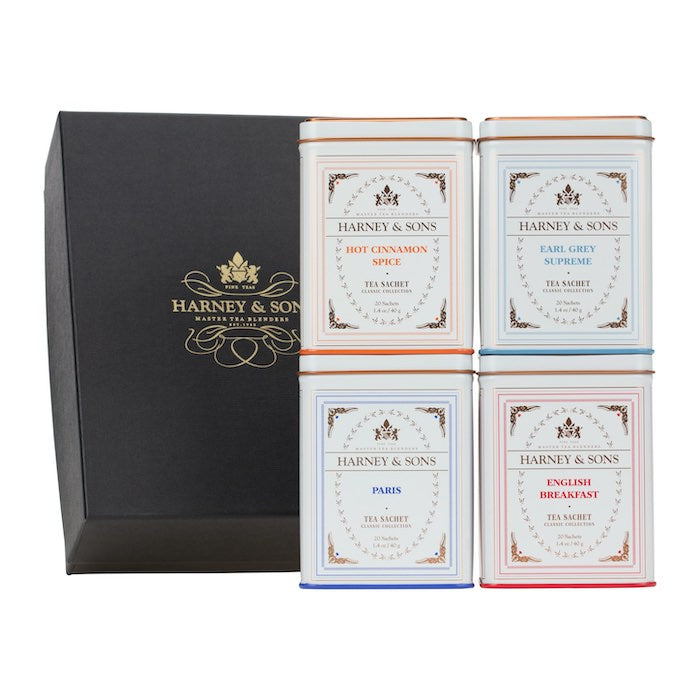
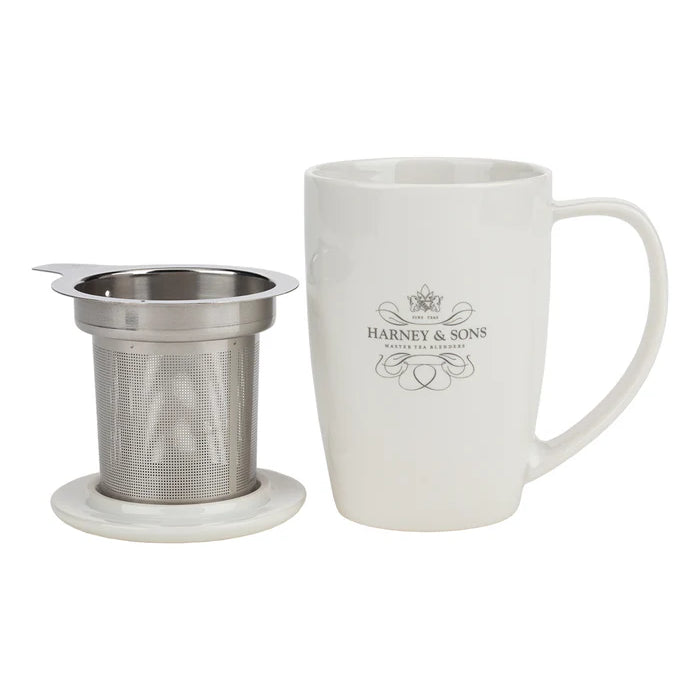
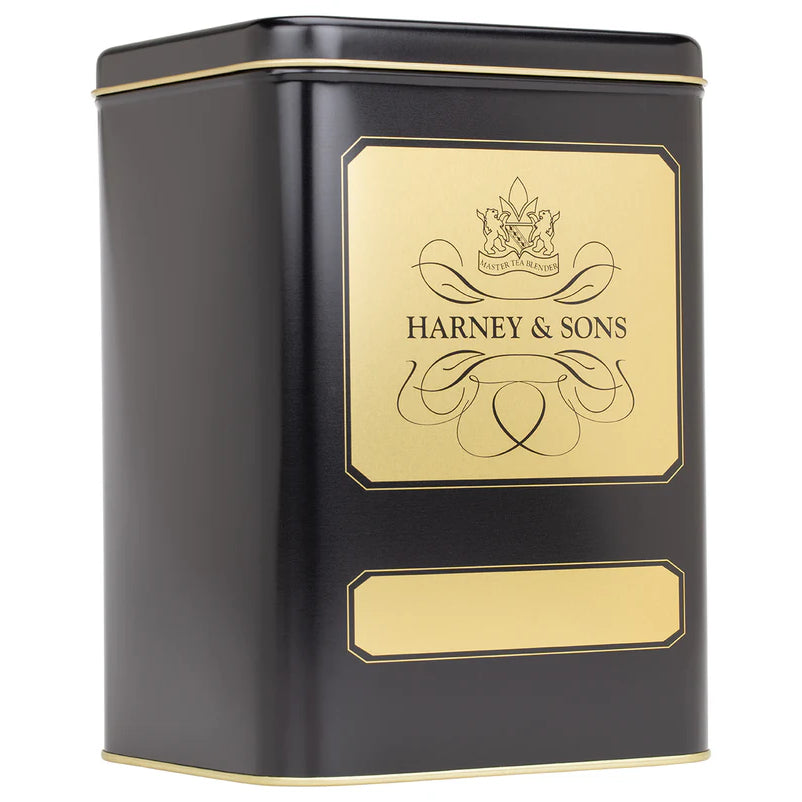
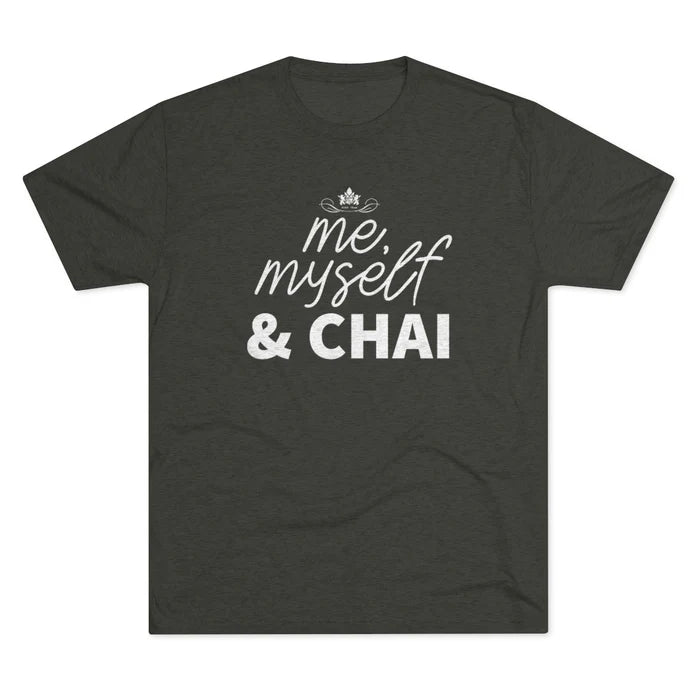
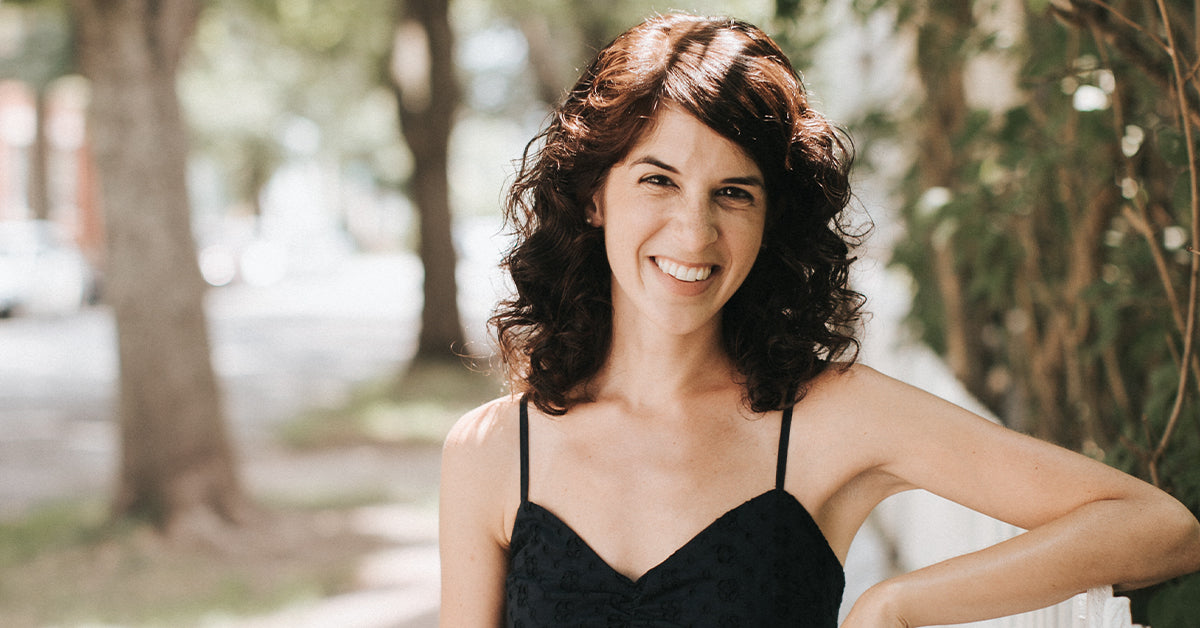
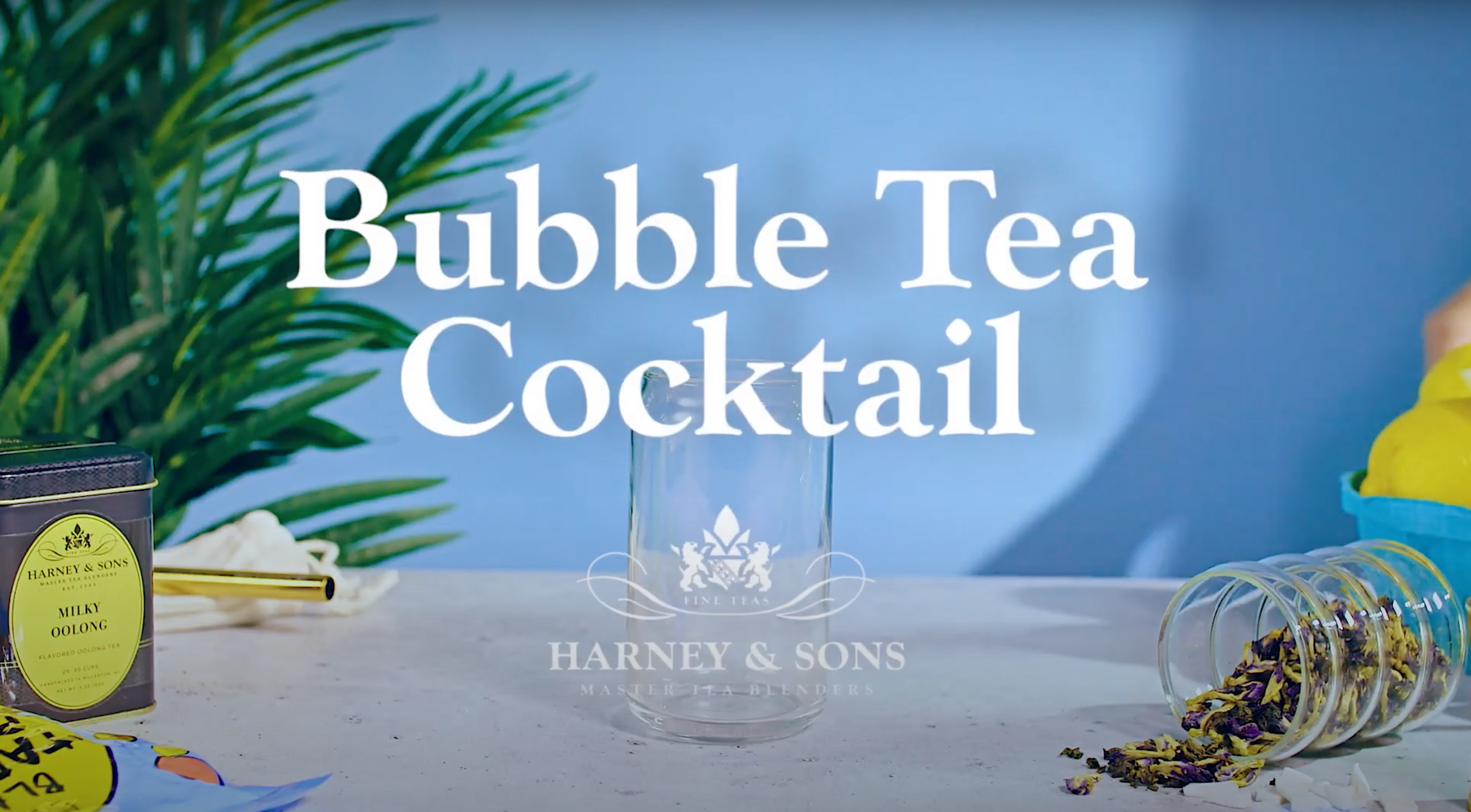
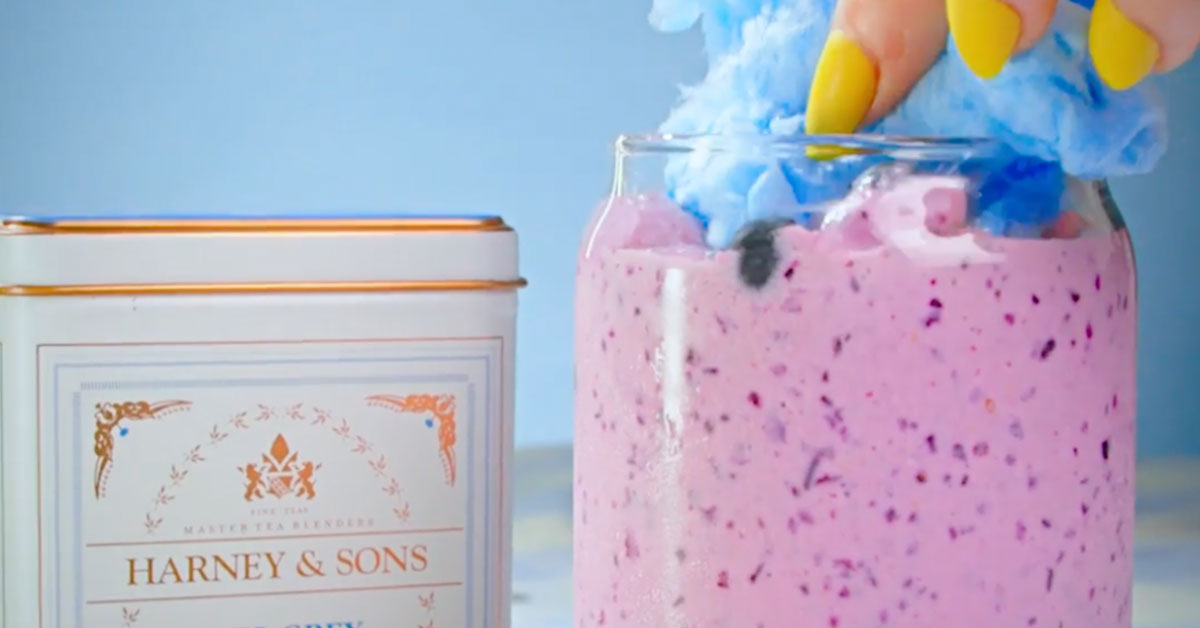
1 comment
Herb
Fascinating interview. Excellent questions and fully fleshed out answers. A real learning experience reading about this
obviously extremely bright lady who is passionate about her work. I wish her the best in her continuing career.
Fascinating interview. Excellent questions and fully fleshed out answers. A real learning experience reading about this
obviously extremely bright lady who is passionate about her work. I wish her the best in her continuing career.